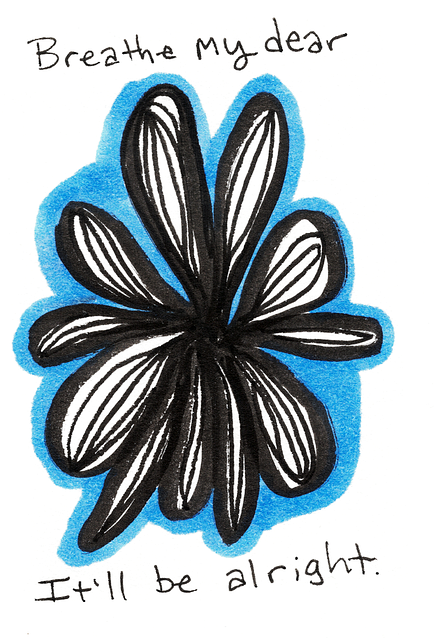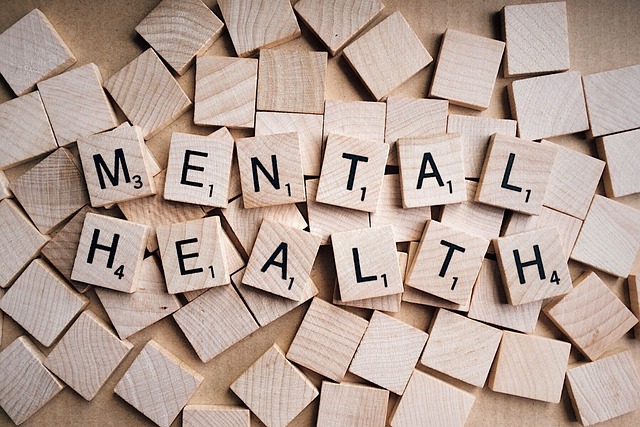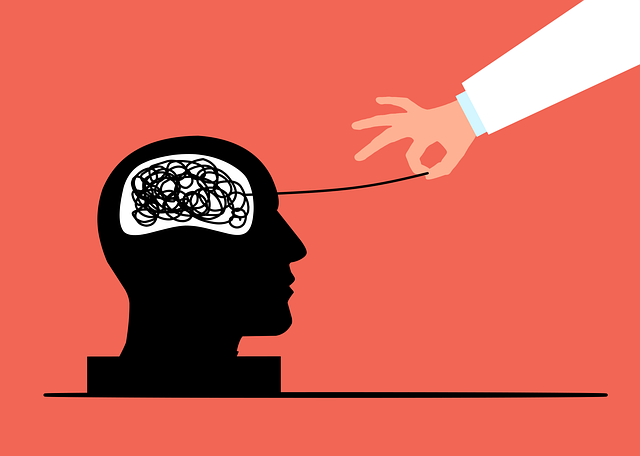Therapy for Young Adults Crisis Counseling offers vital mental health support for acute distress or trauma, focusing on long-term wellness. Skilled counselors identify red flags like severe emotional distress and behavioral changes, using tailored techniques including social skills training and self-awareness exercises to build resilience. Post-crisis care involves processing traumatic experiences and establishing self-care routines; risk assessment ensures practitioner safety while fostering client resilience.
In today’s fast-paced world, crisis intervention strategies are crucial for mental health support among young adults. This comprehensive guide delves into essential aspects of crisis counseling, from understanding the cornerstone role it plays in young adult lives to practical techniques for therapists navigating high-stress scenarios. By recognizing red flags and implementing effective post-crisis care, counselors can foster resilience and long-term well-being. Discover expert insights on therapy for young adults crisis counseling, offering vital tools to make a lasting impact.
- Understanding Crisis Intervention: A Cornerstone of Mental Health Support for Young Adults
- Identifying Crisis Situations: Recognizing the Red Flags in Young Adult Lives
- The Role of Counseling: Providing Safe Spaces and Effective Therapy Techniques
- Practical Strategies: Equipping Counselors to Assist in High-Stress Scenarios
- Post-Crisis Care: Fostering Resilience and Long-Term Well-being in Young Adults
Understanding Crisis Intervention: A Cornerstone of Mental Health Support for Young Adults

Crisis intervention is a critical component of mental health support tailored for young adults facing acute distress or traumatic events. It involves immediate and focused strategies to stabilize individuals during intense crises, such as suicide ideation, severe depression, or post-traumatic stress disorder (PTSD). Effective crisis counseling for young adults goes beyond short-term relief; it aims to empower them with coping mechanisms, enhance resilience, and promote long-term mental wellness.
Understanding the unique challenges faced by this demographic is essential. Young adults often navigate transitional life stages, academic pressures, and identity formation while managing evolving social dynamics and expectations. Therapy for young adults in crisis settings should incorporate age-appropriate techniques, considering their developmental stage. Mental wellness coaching programs designed for this age group can play a pivotal role in burnout prevention strategies for healthcare providers by offering tailored interventions that address the complex interplay of psychological, social, and environmental factors contributing to young adults’ crises.
Identifying Crisis Situations: Recognizing the Red Flags in Young Adult Lives

Identifying crisis situations involves recognizing red flags that signal a young adult’s struggle. These can include severe emotional distress, sudden changes in behavior or academic performance, and persistent feelings of hopelessness or despair. In the context of therapy for young adults, counselors must be attuned to signs of burnout prevention strategies both within their clients and themselves, as healthcare providers overseeing emotional healing processes.
By understanding the nuances of these red flags, crisis counseling can effectively address underlying issues. This might involve promoting positive thinking and coping mechanisms that support emotional resilience. The goal is not just to intervene during acute crises but also to foster long-term mental well-being, ensuring young adults have the tools to navigate life’s challenges with greater equanimity.
The Role of Counseling: Providing Safe Spaces and Effective Therapy Techniques

In times of crisis, counseling plays a pivotal role in offering support and guidance to young adults. Crisis counseling provides a safe space for individuals to express their emotions, fears, and concerns without judgment. This supportive environment is crucial for fostering open communication and encouraging clients to explore underlying issues that may have contributed to the crisis. Skilled counselors utilize various effective therapy techniques tailored to meet the unique needs of young adults.
One such approach involves social skills training, which equips individuals with the tools to navigate interpersonal relationships more effectively. Self-awareness exercises promote introspection, helping young adults understand their triggers and emotional responses. Additionally, resilience building strategies empower them to cope with future challenges and setbacks. These interventions not only address immediate crises but also foster long-term mental well-being by enhancing coping mechanisms and building emotional resilience.
Practical Strategies: Equipping Counselors to Assist in High-Stress Scenarios

In high-stress scenarios, counselors play a vital role in providing therapy for young adults facing crises. Equipping them with practical strategies is crucial to effective crisis counseling. One such strategy involves teaching mindfulness meditation techniques to help individuals stay grounded and manage intense emotions. By fostering mental wellness through these practices, counselors enable clients to navigate challenging situations with increased resilience.
Additionally, risk assessment for mental health professionals is essential in preparing them to handle crisis interventions competently. This involves learning to identify warning signs, understanding the importance of active listening, and utilizing effective communication skills to build rapport with distressed individuals. With these tools, counselors can create a safe space, offering support and guidance tailored to each client’s unique needs during high-stress situations.
Post-Crisis Care: Fostering Resilience and Long-Term Well-being in Young Adults

Post-crisis care is an essential aspect of crisis intervention strategies, aiming to support young adults in navigating the aftermath and fostering resilience for long-term well-being. Therapy for young adults plays a pivotal role in this process by providing a safe space for processing traumatic experiences and emotions. Crisis counseling professionals can guide individuals toward developing effective coping mechanisms and enhancing their emotional regulation skills.
One key component of post-crisis care is encouraging the establishment of a self-care routine for better mental health. This may include practices such as mindfulness meditation, which has been shown to reduce stress and promote mental clarity. By integrating these strategies into daily life, young adults can build resilience and better manage future challenges. Additionally, risk assessment for mental health professionals is crucial to ensure the safety of both clients and practitioners during this vulnerable period.
Crisis intervention plays a pivotal role in supporting young adults facing mental health challenges. By understanding crisis situations, utilizing effective counseling techniques, and implementing practical strategies, counselors can provide vital assistance during high-stress scenarios. This article has explored the comprehensive approach to crisis care, from recognizing red flags to fostering resilience post-crisis. Through evidence-based practices and a focus on therapy for young adults, counselors can guide their clients toward long-term well-being, ensuring they have the tools to navigate life’s crises with greater resilience.











